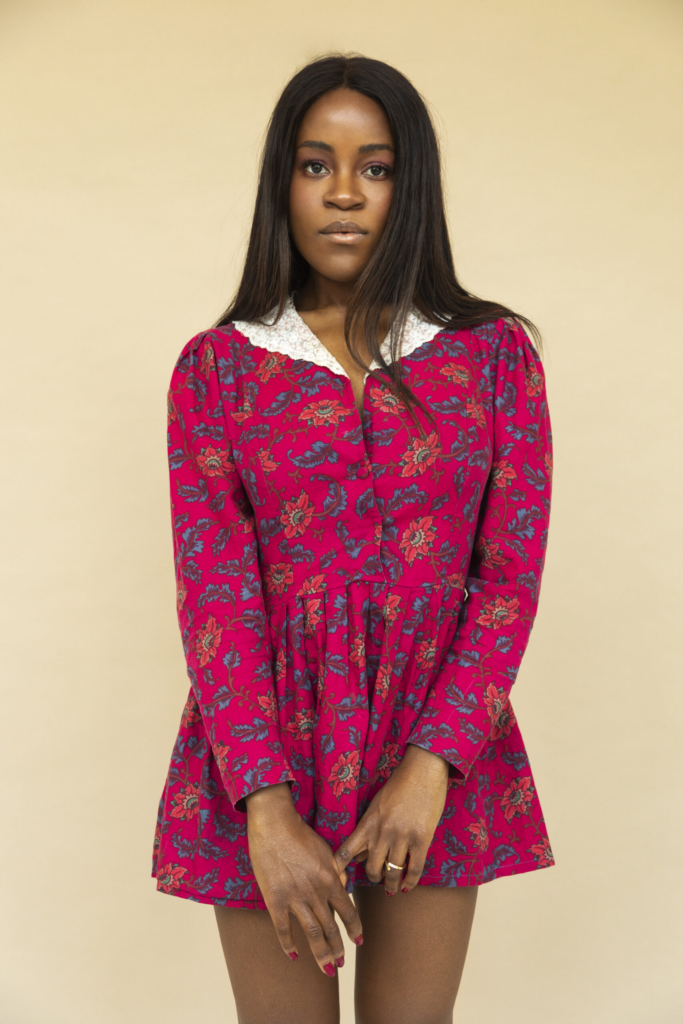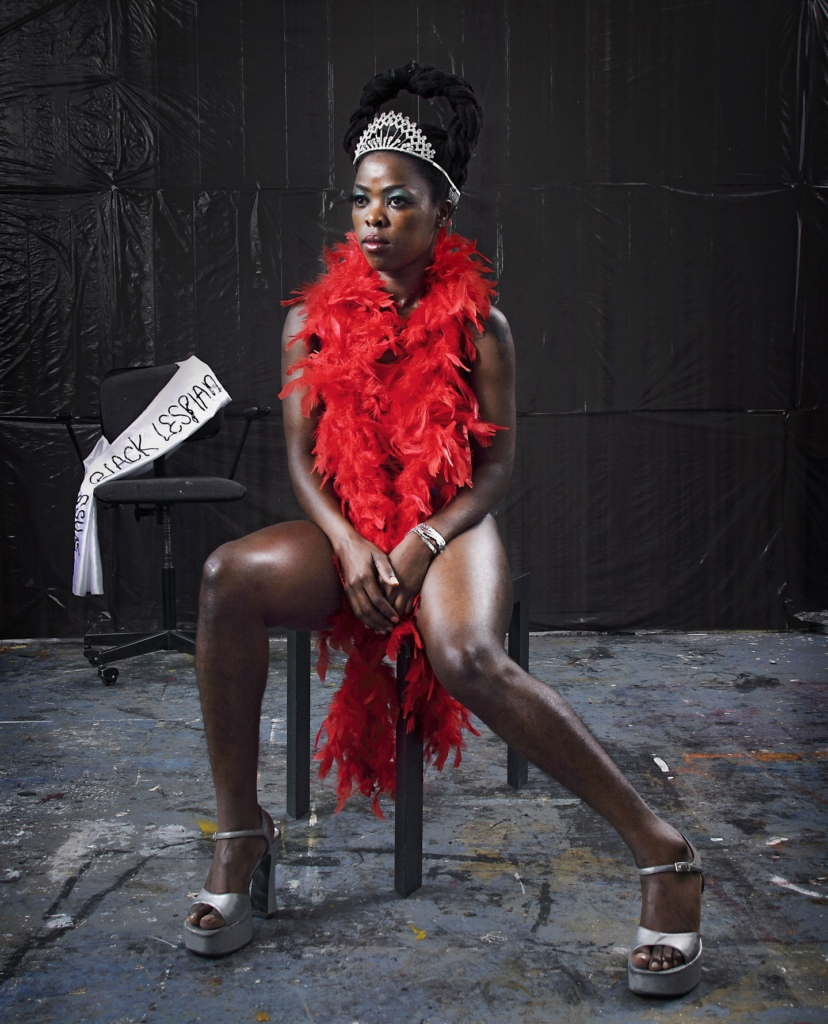It is no secret that today, many things have challenged Western stereotypes of African culture, identity, and art. African leaders are at the forefront of this revolution as they have made diplomatic changes affecting how African artists portray black identities. Mali recently decided to remove French as their national language, which has caused much controversy on social media. Let us examine how this move and many more have potentially affected the representation of black bodies in contemporary African art.

International relations significantly transfer culture, art, music, and overall identity. With a lot of interplay between the West and Africa, It has become almost impossible to ignore the West’s influence on African representations in art. The recent move to remove French as the official language is not the first time the continent has faced this shift in cultural identity.
Earlier this year, countries such as Congo, Nigeria, and South Africa called out Western countries to reinstitute different pieces of art that were taken without consent. The reception has caused a ripple effect in Niger, Kenya, and Burkina Faso, whose leaders have openly called out Western countries because of discrimination.
African artists, institutions, and leaders are taking note of this revolution, and their works reflect a sense of freedom from Western mentalities. Aindrea Emelife, the current curator for the 2024 Venice Biennale, Nigerian Pavilion, plans to showcase a different side of Nigerian Art. In her interview with Interview magazine, she states that the perception of Nigerian art and West African is narrow-minded.
‘I think they attach the idea of Black figuration and bright colours, which I guess has dominated the market scope. ‘

She plans to ensure that the selection of Nigerian art at the pavilion is not predictable. Moreover, she intends to include sculptures and installations as well as new media that integrate technology and digital art as part of the new era of art.
According to Aindrea, Western stereotypes provide a monolithic view of West African art. This has caused a narrow-minded view of black figuration and black identities in general. Many stereotypes of West African art have generated a need for more acknowledgement of the West African Modernist period.
They used to make bronzes; they used to make masks, then, somehow, nothing happened, and now they’re doing this, which is incredibly false. There was this moment when I think everyone thought, “Oh, it’s just pink backgrounds and Black women with Afros.” But there’s so much more.– she states in her interview with Interview Magazine
Aindrea has also curated another exhibition at The London Somerset House, titled ‘Black Venus,’ which examines the representation of Black women’s historical and shifting legacy in visual culture. The exhibit features 19th-century cartoonish engravings that exaggerated the physical features of figures like Saartjie Baartman, the South African woman once exhibited in human zoos, a product of Western influence. She tries to explain how Black women were once exoticized and fetishized in visual culture. The exhibition provides a cross-cultural link between the West and Africa by integrating modern visual representations of Black female bodies.

With increased international relations, Western Stereotypes’ tremendous influence on black figuration has been enormous. Aindrea’s works provide a different perspective of black figures in a decolonizing continent. With so much uncertainty happening in Africa today, it is interesting to see how curators will showcase the effects of the following happenings in Africa to the world. Check out this shows and more by clicking here.


